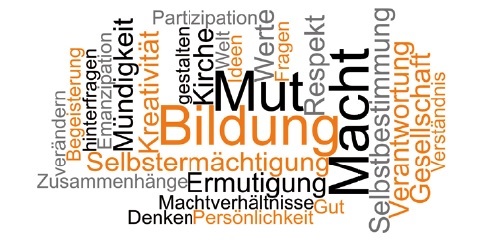Bildung – Building yourself & achieving your own-self

Hegel says “Human being can achieve what he is supposed to be only with ‘Bildung’.” It is a vital concept in German culture life. This word origins directly from German, unlike many European languages which are connected to Latin, which enables development of an original philosophy. This makes the translation of the word to other languages rather difficult.
The root of the word includes ‘picture, image, shape’ (Bild). With the ending -ung, the word gains a meaning “to be, become”. The verb bilden, having the same origin, means to shape and form something. Today, it has a narrow meaning: education, however the conceptual historian Reinhart Koselleck gives the limits of its meaning perfectly: Bilduing is neither Ausbildung (education), nor Einbildung (imagery). And he defines 19th century as Bildung Age.
With its limits defined, Bildung can be defined in a single expression as, the name of the process of achieving the potential and autonomy of a person who unites the external (Aus-) influences with his inner (Ein-) world.
Bildung has also o theological origin, backing to the Christian belief that God created (bilden) human in His image (Bild). Although the concept did not had a religious reference in the following centuries, it continued carrying the metaphysical perception. Indeed, Herder stated that “Every human being has an image (Bild) inside him about what he is now and will become in the future.”
Those who shaped themselves and acquired Bildung (gebildet) shall also shape the society, so as to make Bildung functional. This process cannot be declared as “begins and ends within a person”. Further, Wilhem von Humboldt claimed that “the origins of Bildung lay deep inside the soul, and it can only be provoked with external influences and can never be fully revealed.”
translated from a thread of Istanbul University Department of Sociology official Twitter account